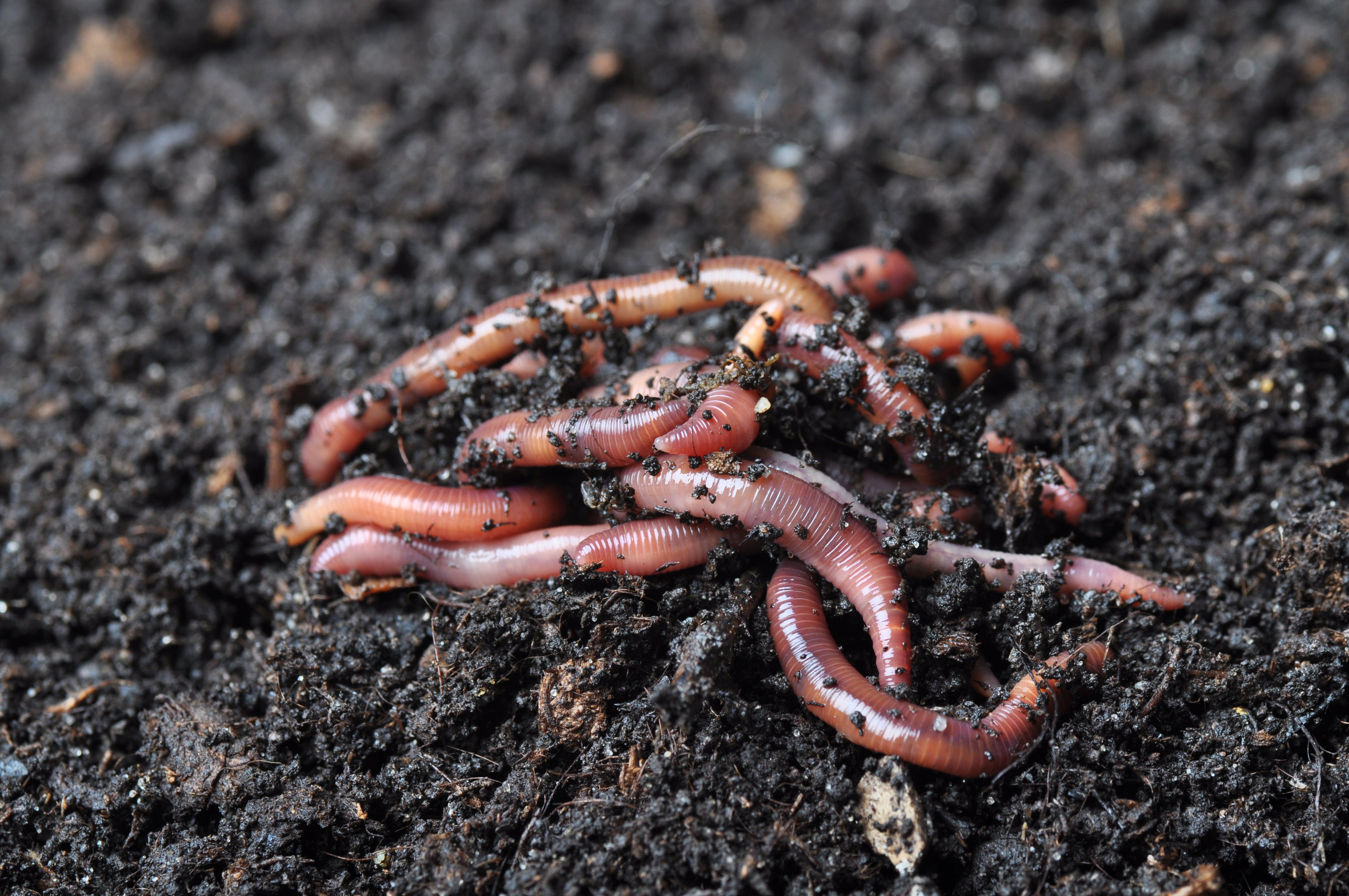Red wigglers: Feed your garden
Wiki Article
Why Red Wigglers Are the very best Option for Your Composting Requirements
Red wigglers have actually arised as a premium choice for composting due to their remarkable capacity to effectively disintegrate natural issue while generating premium worm castings. The journey to effective vermicomposting involves even more than simply acquiring these worms, and recognizing the excellent conditions and misunderstandings bordering them is critical for maximizing their potential.Benefits of Red Wigglers

Red wigglers thrive in a range of problems, making them versatile to different composting configurations, from tiny bins to bigger systems. They excel in vermicomposting, where their activity develops a top notch output called worm castings, abundant in beneficial microbes and nutrients important for plant growth. This all-natural fertilizer advertises soil health, boosts dampness retention, and enhances plant resilience versus bugs and illness.
Additionally, employing red wigglers can significantly decrease methane emissions related to land fill waste, adding to environmental sustainability. Their ease of treatment and marginal upkeep demands make them appropriate for both novice and seasoned composters. Ultimately, incorporating red wigglers right into your composting method not just fosters efficient waste monitoring yet likewise boosts the quality of your garden compost.
Suitable Composting Problems
Creating ideal composting conditions is essential for taking full advantage of the efficiency of red wigglers in damaging down raw material. These worms thrive in a regulated setting that resembles their all-natural habitat, which mainly consists of moist, dark, and well-aerated areas. To accomplish this, keeping a temperature level variety of 55 ° F to 77 ° F is important, as extreme temperature levels can prevent their activity or perhaps lead to mortality.(red wigglers near me)Dampness degrees must additionally be carefully checked; red wigglers require a damp environment, preferably around 70% wetness content. Excessive dampness can result in anaerobic problems, while insufficient moisture can create dehydration. Additionally, a well balanced carbon-to-nitrogen proportion, ideally around 25:1 to 30:1, supports ideal food digestion and nutrient biking.
In addition, the composting tool should be kept loosened and aerated, permitting correct air movement. This not only benefits the worms yet additionally help in the breakdown of natural materials. By making sure these ideal conditions, composters can develop a thriving community that boosts the effectiveness of red wigglers, ultimately leading to rich, nutrient-dense compost.
Exactly How to Start Vermicomposting
Beginning vermicomposting is an uncomplicated process that can generate significant benefits for both your yard and the atmosphere. To start, choose a suitable container, such as a plastic bin or a wood box, guaranteeing it has ventilation openings for airflow. A size of roughly 15 to 20 gallons is suitable for small procedures.Following, prepare the bedding product, which must be a blend of shredded paper, cardboard, and coconut coir. This bedding provides a comfortable habitat for the worms while preserving moisture. Aim for a bed linen deepness of around 4 to 6 inches.
When the bed linens prepares, present red wigglers into the bin. A population of about 1,000 worms is adequate for processing cooking area scraps successfully. After adding the worms, integrate a well balanced mix of environment-friendly products, such as vegetables and fruit scraps, together with brown materials, like dried fallen leaves.

Nutrient-Rich Spreadings
(buy red wiggler worms)The red wigglers in your vermicomposting system play a vital duty in generating nutrient-rich castings, a very in-demand natural fertilizer. These spreadings, commonly referred to as worm humus, are the outcome content of the worms absorbing natural issue and excreting it in a type that is incredibly beneficial for plants.Rich in vital nutrients such as nitrogen, phosphorus, and potassium, worm spreadings provide a balanced resource of fertility that improves soil framework and advertises healthy and balanced plant growth. Additionally, they contain helpful bacteria that even more boost dirt health, assisting in nutrient absorption and illness resistance.
The slow-release nature of worm castings makes sure that nutrients are available to plants over an extensive period, lowering the danger of nutrient leaching and thus contributing to lasting horticulture practices. Unlike artificial plant foods, which can result in soil deterioration over time, worm spreadings improve the dirt's physical, chemical, and biological buildings.
As an outcome, integrating red wigglers right into your composting initiatives not only mitigates waste yet also produces a costs organic modification that significantly profits gardens, landscapes, and potted plants alike. - red wigglers
Common Misconceptions About Worms
While lots of people identify the benefits of utilizing worms in composting, numerous misunderstandings linger regarding their biology and actions. One typical myth is that all worms are just as effective for composting, when as a matter of fact, only certain varieties, like red wigglers, thrive in organic waste environments. These worms are especially adjusted to composting, making them perfect for this purpose.One more mistaken belief is that worms are delicate and need excessively certain conditions to endure. In fact, red wigglers are fairly durable, able to endure a variety of temperature levels and moisture degrees, offered they are kept within a suitable range.
In addition, some believe that worms take in all kinds of food waste indiscriminately. Red wigglers choose certain organic products, such as fruit and vegetable scraps, and can have a hard time with meat, dairy products, and oily foods, which can develop smells and bring in parasites.
Final Thought
In verdict, red wigglers represent an optimum selection for composting due to their rapid decomposition abilities and adaptability to different environments. Recognizing the excellent problems for vermicomposting and attending to usual misconceptions concerning these worms additionally strengthens their role in efficient waste management.Report this wiki page